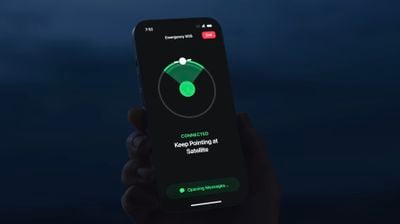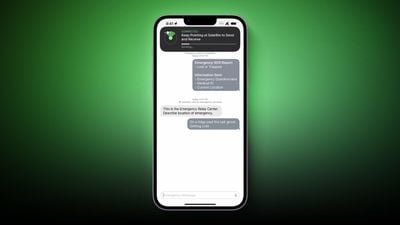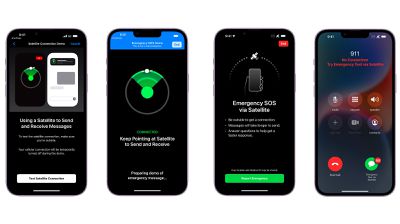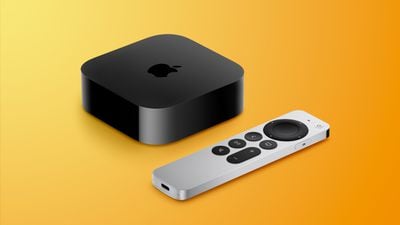Apple today officially launched the new Emergency SOS via satellite feature that's available for the iPhone 14 models, so we thought we'd test it out to see just how it works.
Emergency SOS via satellite is designed to allow users to connect to emergency services when no cellular or WiFi connection is available, such as when out hiking, camping, or driving in remote areas.
It is a feature that only becomes available to use when you don't have a connection and attempt to make a phone call or send a text, but Apple has a built-in demo feature so that users can get familiar with it without having to place an emergency call.
Under Settings > Emergency SOS, there's a new Emergency SOS via satellite section with a "Try Demo" option.
To get help quick, Emergency SOS via satellite starts off by asking a series of questions about your situation, such as whether you're lost, have been in an accident, or are injured. That information, along with your Medical ID (if activated) and location is sent along to the local emergency services.
If the local emergency services location accepts texts, the information is sent directly, and if not, it goes through a relay center with Apple-trained operators that pass the information along.
Details are sent through a text message interface that allows emergency responders to text back and forth with you to garner the information that's needed for a rescue. If you're in a car accident, for example, rescuers might ask for more details on location, your iPhone battery level, what happened, and whether you're in immediate danger from a gas or fluid leak.
Emergency SOS via satellite is meant to work outdoors with a clear view of the sky, and this facilitates the best connection. Reduced size texts can send in just 15 seconds if you have a clear view, and the iPhone guides you where to hold your iPhone for the best connection.
You'll see directions to turn left or turn right to connect to the satellite, and you'll be alerted on screen when you have a poor connection and the steps you can take to improve it, such as moving to a spot with a better view of the sky.
If there isn't a strong connection, it can take several minutes for texts to be sent back and forth, but the iPhone aims to direct you to an ideal location for communication. Emergency SOS via satellite is limited to emergency texts with emergency responders, and it is not able to be used to text friends and family.
The feature can, however, alert your emergency contacts if you are calling for help via satellite, and it can also be used to update your location via Find My when you don't have a cellular or WiFi connection. When no connection is available, you'll see an option to update your location through the "My Location via Satellite" feature under the "Me" tab in the Find My app.
Emergency SOS via satellite is available on all iPhone 14 models, and it is rolling out today. You need to be running iOS 16.1 or later to use the feature, and no software update is required. Emergency SOS via satellite is available in the United States and Canada right now, and it is expanding to France, Germany, Ireland, and the UK in December.
You can use Emergency SOS via satellite for free as of right now, and Apple has said it will be available at no cost to all iPhone 14 owners for a period of two years. There is no word as of yet on what it will cost when that two-year period expires.
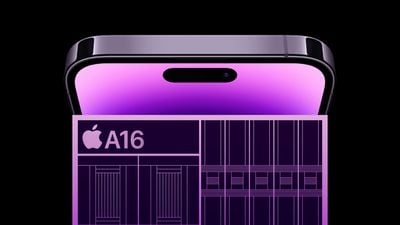


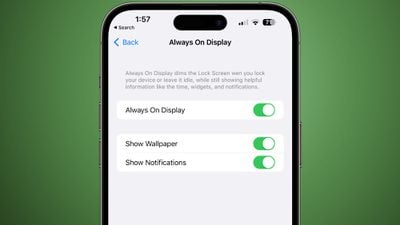
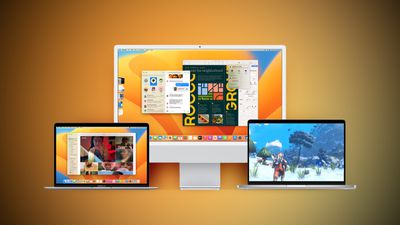
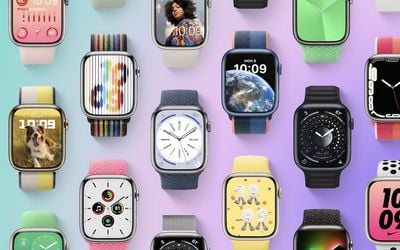
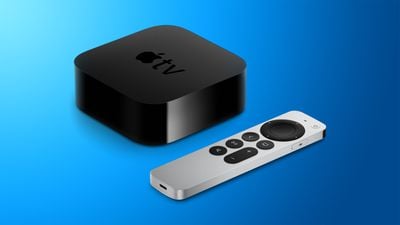
 Image via
Image via 



 Note: MacRumors is an affiliate partner with some of these vendors. When you click a link and make a purchase, we may receive a small payment, which helps us keep the site running.
Note: MacRumors is an affiliate partner with some of these vendors. When you click a link and make a purchase, we may receive a small payment, which helps us keep the site running.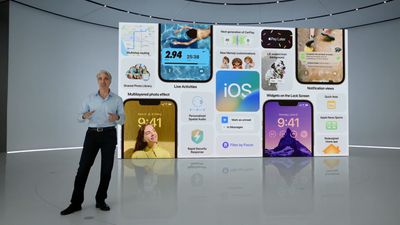
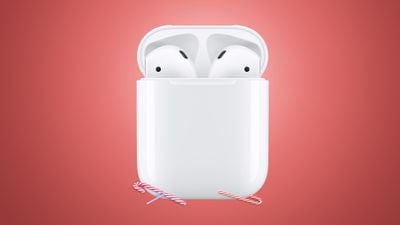 Note: MacRumors is an affiliate partner with Amazon. When you click a link and make a purchase, we may receive a small payment, which helps us keep the site running.
Note: MacRumors is an affiliate partner with Amazon. When you click a link and make a purchase, we may receive a small payment, which helps us keep the site running.